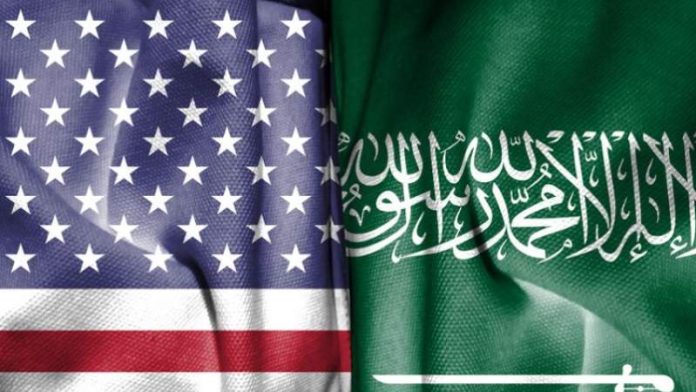The American magazine Foreign Policy has urged US President Joe Biden to halt the US arms deal with Saudi Arabia, arguing that it would undermine larger US strategic aims for the Middle East and global order.
In an article by David White, the magazine asserted that the US-Saudi deal could also pose dangerous political risks for President Joe Biden.
Washington and Riyadh are reportedly close to finalizing an agreement that would see the US provide security guarantees to Saudi Arabia and help develop its nuclear program.
The potential harms of the deal – including the revival of Saudi military adventurism, nuclear proliferation in the Gulf, damage to Washington’s global credibility, and further divisions within the Democratic Party ahead of the US presidential election – outweigh any potential benefits for the Biden administration or international security.
The specifics of the security arrangement are still being negotiated, but US officials have indicated it is likely to include formal US defense guarantees and access to more advanced US weapons for Saudi Arabia, including F-35 fighter jets. However, reports suggest the deal will not amount to a NATO-style agreement.
Whatever its details, the new US-Saudi security deal is of questionable geopolitical value to the United States. Saudi Arabia has benefited from decades of US arms sales as well as military and diplomatic assistance, with the US having more than $100 billion in active foreign military sales to the kingdom, according to the State Department.
Crown Prince Mohammed bin Salman has flouted international norms and destabilized the Middle East with actions such as the military intervention in Yemen, the temporary detention of Lebanese Prime Minister Saad Hariri, the blockade of US-allied Qatar, and the murder of Saudi journalist Jamal Khashoggi. Unprecedented American support could embolden his penchant for reckless military adventurism.
The report noted that a new US-Saudi agreement would also increase the risk of drawing American forces into regional violence, especially if Riyadh and Washington sign a defense agreement. While additional defense agreements may expand Washington’s influence in Saudi Arabia, they also reinforce a system in which the US bears the high costs of maintaining Gulf security, while China acts as a free rider.
Additionally, the US-Saudi deal has been presented as part of a potential grand deal with Israel, in which the US would provide defense and nuclear assistance to Riyadh in exchange for the normalization of Israeli-Saudi relations. This would advance long-term US goals of Arab-Israeli détente and strengthen the anti-Iran alliance in the region.
Supporters of the US-Saudi deal overlook the idea that US support for the Saudi dictatorship undermines Washington’s ability to mobilize international support for vital causes such as defending Ukraine against Russia.
Finally, the US-Saudi deal could bolster Donald Trump’s campaign to return to the White House in what is expected to be a tight race against Biden this fall.




















